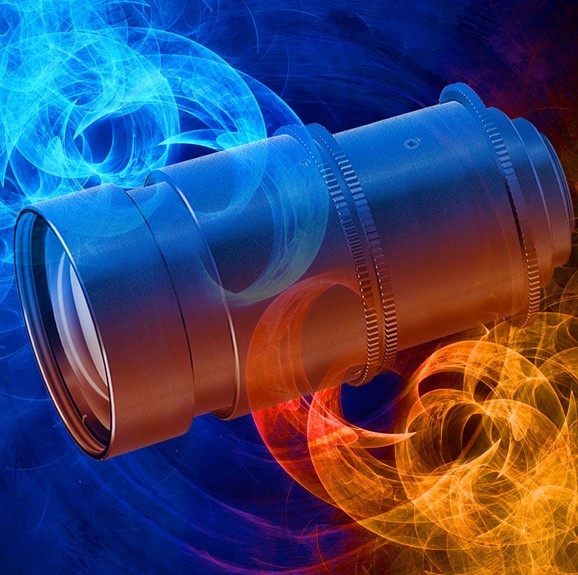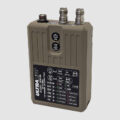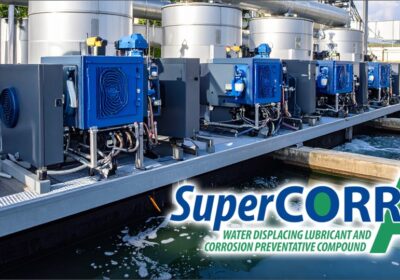Resolve Optics is a specialist supplier of athermalized lenses designed to maintain focus over a wide temperature range.
Standard, off-the-shelf lenses developed for imaging applications perform well in temperature-controlled environments or where temperatures vary only slightly. However, in certain security, defence, industrial and spaceborne applications, where imaging systems are prone to extreme or wide shifts in temperature, using athermalized lenses is key to minimising temperature-dependent performance changes.
Mark Pontin, Managing Director of Resolve Optics clarified “Because the different materials in a lens expand and contract at different rates, it is important that these factors are considered in the design phase to ensure a lens will remain in focus and provide good performance throughout its operating temperature range”. He added “Developing an athermalized lens design, is especially critical in the infrared (8 – 14 micron) waveband because the coefficient of thermal expansion of most infrared materials is orders of magnitude higher than those of visible glasses, creating large changes in the refractive index”.

Resolve Optics has experience of developing passively and mechanically athermalized lenses that offer stable imaging performance for applications with widely varying (-30°C to +60°C) or extreme temperatures (up to 950⁰C). Qualification of all athermalized lenses produced by Resolve Optics is conducted on state-of-the-art automated modulation transfer function (MTF) testing equipment. If required, athermalized lenses may be further qualified using the company’s inhouse vibration and shock testing facility.
For further information on athermalized lenses please visit www.resolveoptics.com/athermalisation-explained/ or contact Resolve Optics Ltd. on +44-1494-777100 / [email protected]
For over 20 years, Resolve Optics has developed a customer centric approach to specialist lens design, development, and supply. The company prides itself on nearly three decades of quickly translating each customer need into an optimised optical design, running projects successfully, and manufacturing production quantities of lenses or optical products on time, to the specified quality and target price.







